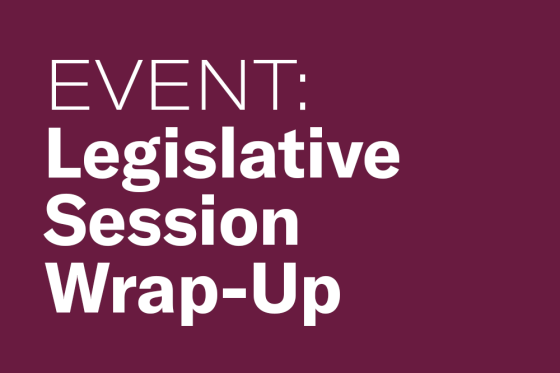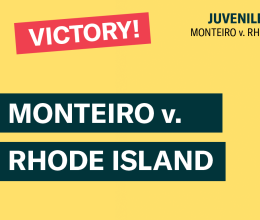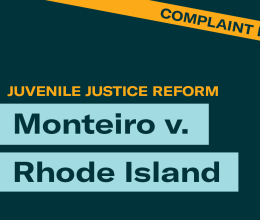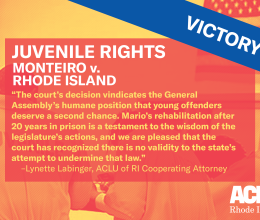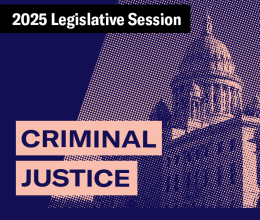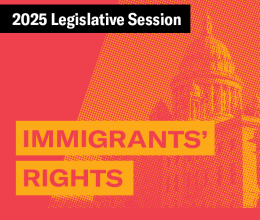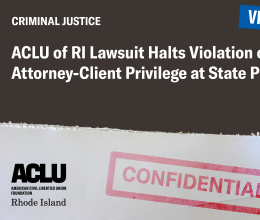In a major victory for criminal justice reform and the rights of youthful offenders, the Rhode Island Supreme Court today ruled that Mario Monteiro and other similarly situated teenagers and young adults are eligible for parole consideration for release to the community after serving twenty years. The ruling was issued in cases filed by the ACLU of RI last year after the State took the position that a 2021 statute enacted by the General Assembly designed to give young offenders serving lengthy sentences a chance for early release on parole, and which was overtly intended to help Monteiro, did not apply to him or the others. Instead, the state had argued that in Monteiro’s case, he had to serve an additional 15 years in prison until parole eligibility. In a 4-1 decision, the state Supreme Court forcefully rejected the State’s position.
The statute, often referred to as “Mario’s Law” based on Monteiro’s case, provides that “any person sentenced for any offense prior to his or her twenty-second birthday” is eligible for parole after serving 20 years. The law was passed in recognition of the fact that, as the U.S. Supreme Court has noted, “even when they commit terrible crimes,” juveniles lack the culpability of adults due to their immaturity and underdeveloped sense of responsibility and should therefore be given a second chance. Monteiro is 40-years-old and has been incarcerated his entire adult life after being sentenced to two life sentences for a murder he committed when he was 17 years old.
Despite the clear language of the statute, the Department of Corrections, the Attorney General and, by acquiescence, the Parole Board all took the position that the statute did not apply to people like Monteiro who are serving more than one sentence and that Monteiro, who had already served more than 20 years in prison, should be required to serve another fifteen years before he could be considered for parole. The ACLU argued that this position would effectively operate to nullify the statute’s terms and defeat its purpose since most people presently serving a life sentence were already eligible for parole after 20 years without the passage of Mario’s Law.
The Rhode Island Supreme Court today agreed, noting that under the state’s interpretation of the statute, the law would be of no help to any person until at least the year 2035. As a result of the court’s decision, Monteiro will be sent back before the parole board for consideration of possible release. The court decision also applies to other youthful offenders with similar situations to Monteiro in terms of their sentences.
The appeal was handled by ACLU of Rhode Island cooperating attorneys Lynette Labinger, Lisa Holley, and Sonja Deyoe. Attorney Deyoe said today, “We are very pleased with the Court’s decision. The science supports the position that juveniles and young adults do not have the same impulse control that adults do. Accordingly, if they can prove they are rehabilitated, it makes sense to parole these now adult men and women to the community.”
Attorney Holley added: “We are very pleased that the Rhode Island Supreme Court, in a comprehensive and well-reasoned opinion, determined that ‘Mario’s Law’ does in fact apply to youthful offenders serving multiple sentences, and that the Court acknowledged the science-based principles that juvenile offender characteristics of impulsivity, recklessness and immaturity should be considered to differentiate them from adults. Our clients have satisfied the Parole Board that they have been rehabilitated and as such, we look forward to their success on parole.”

